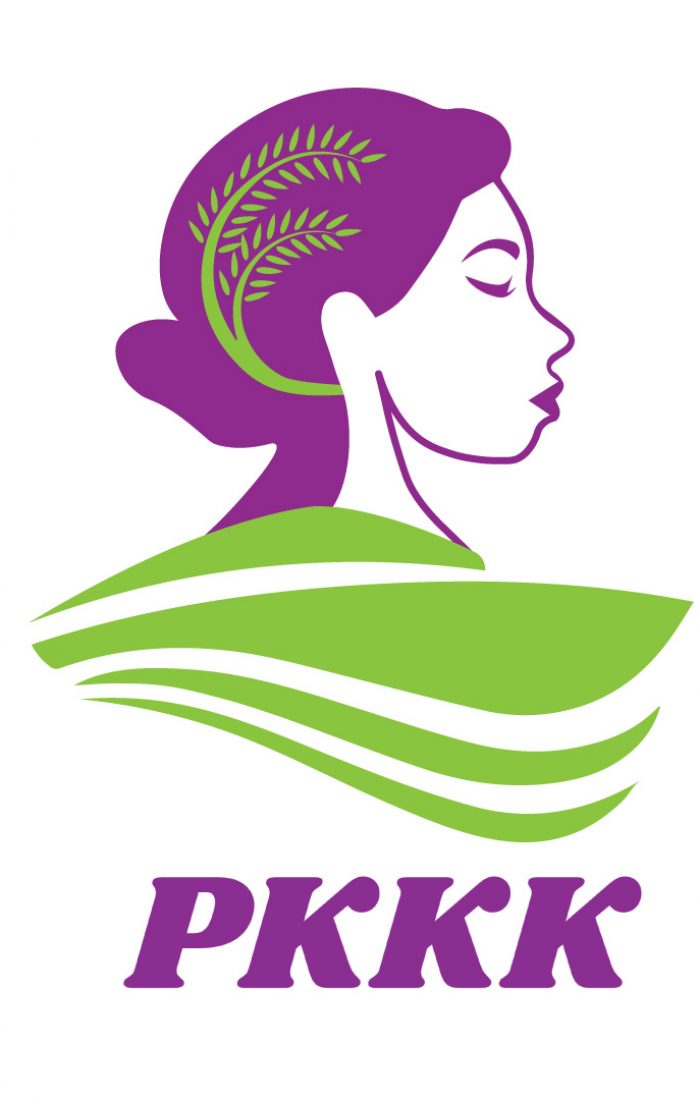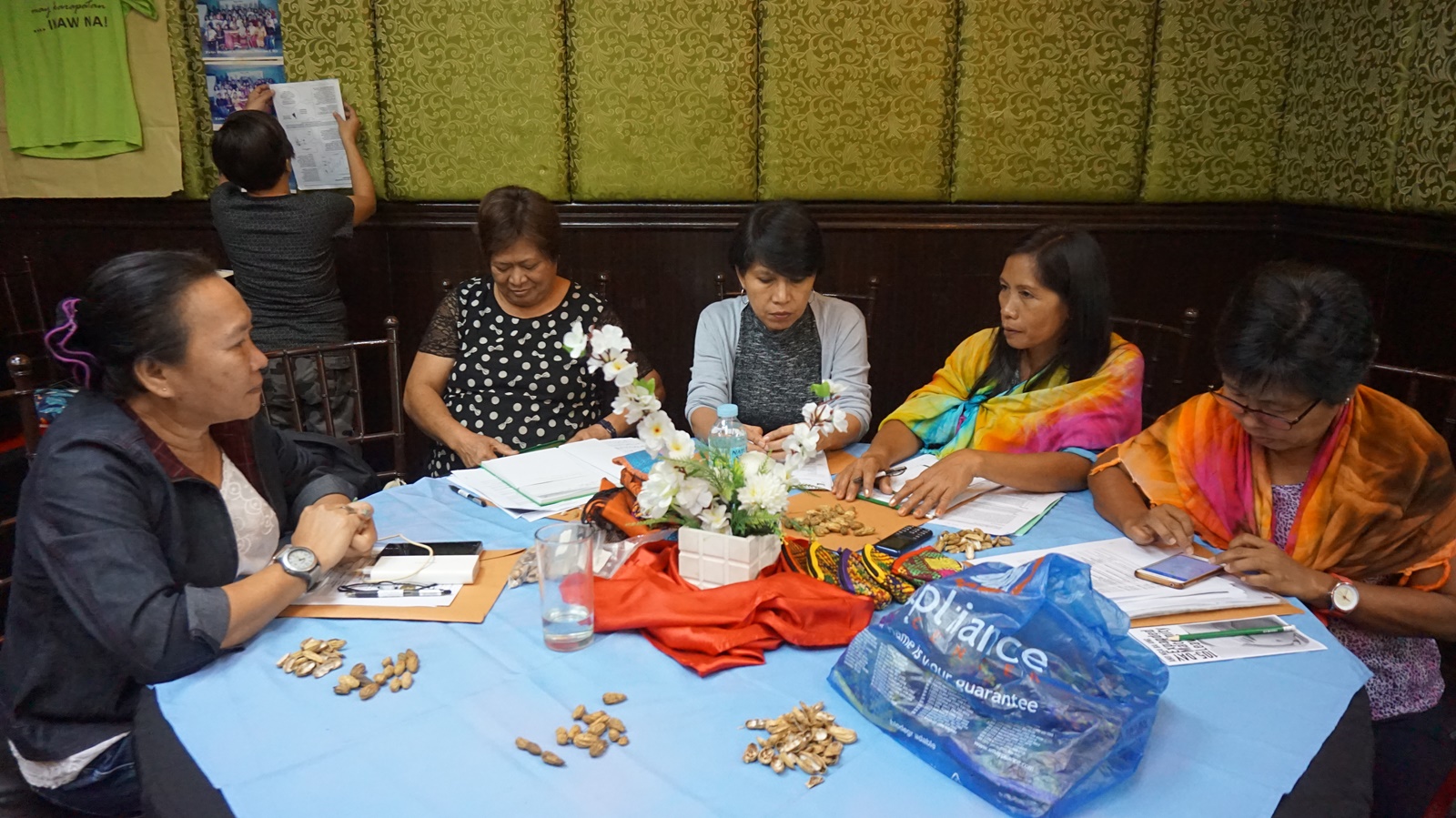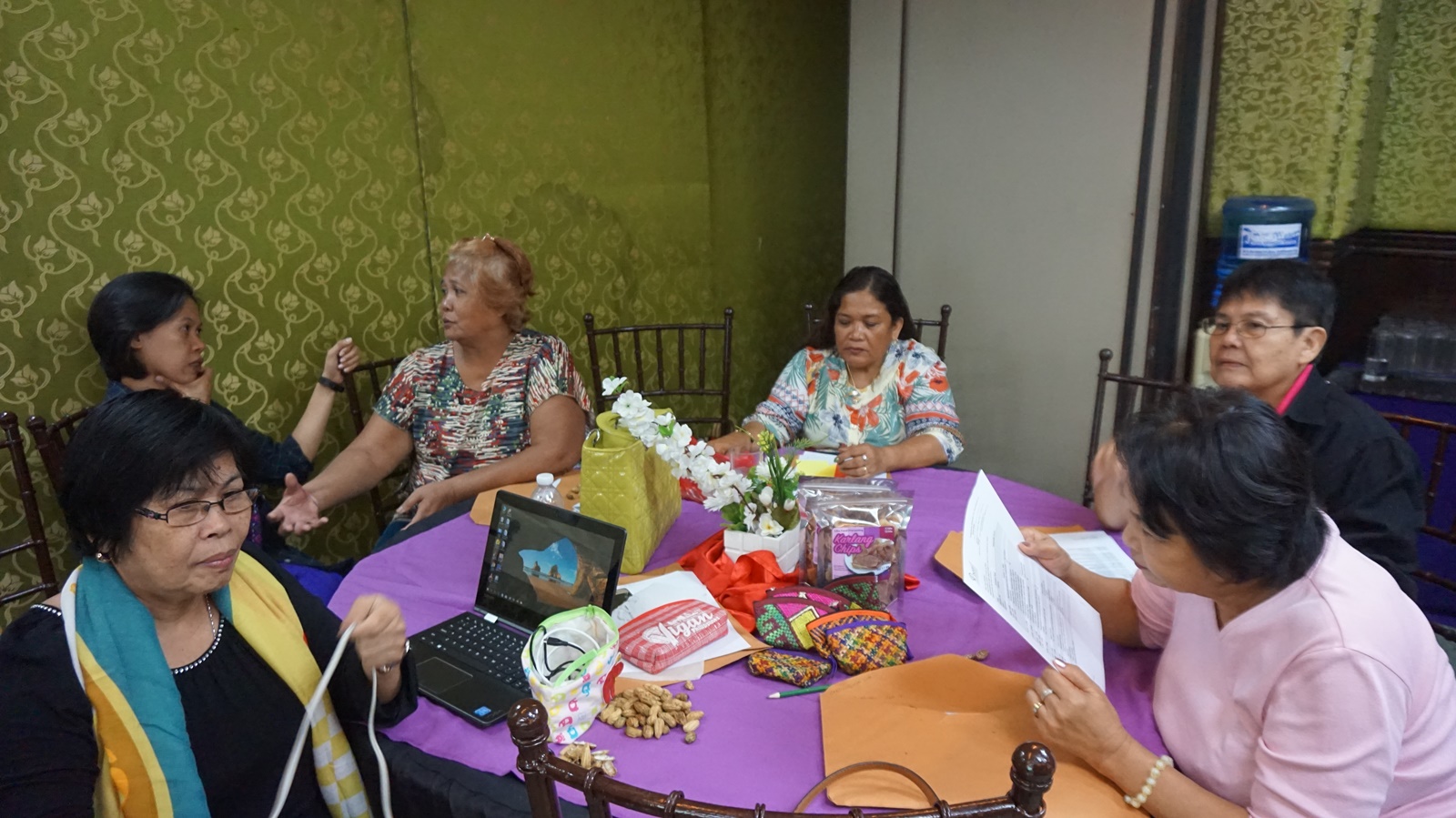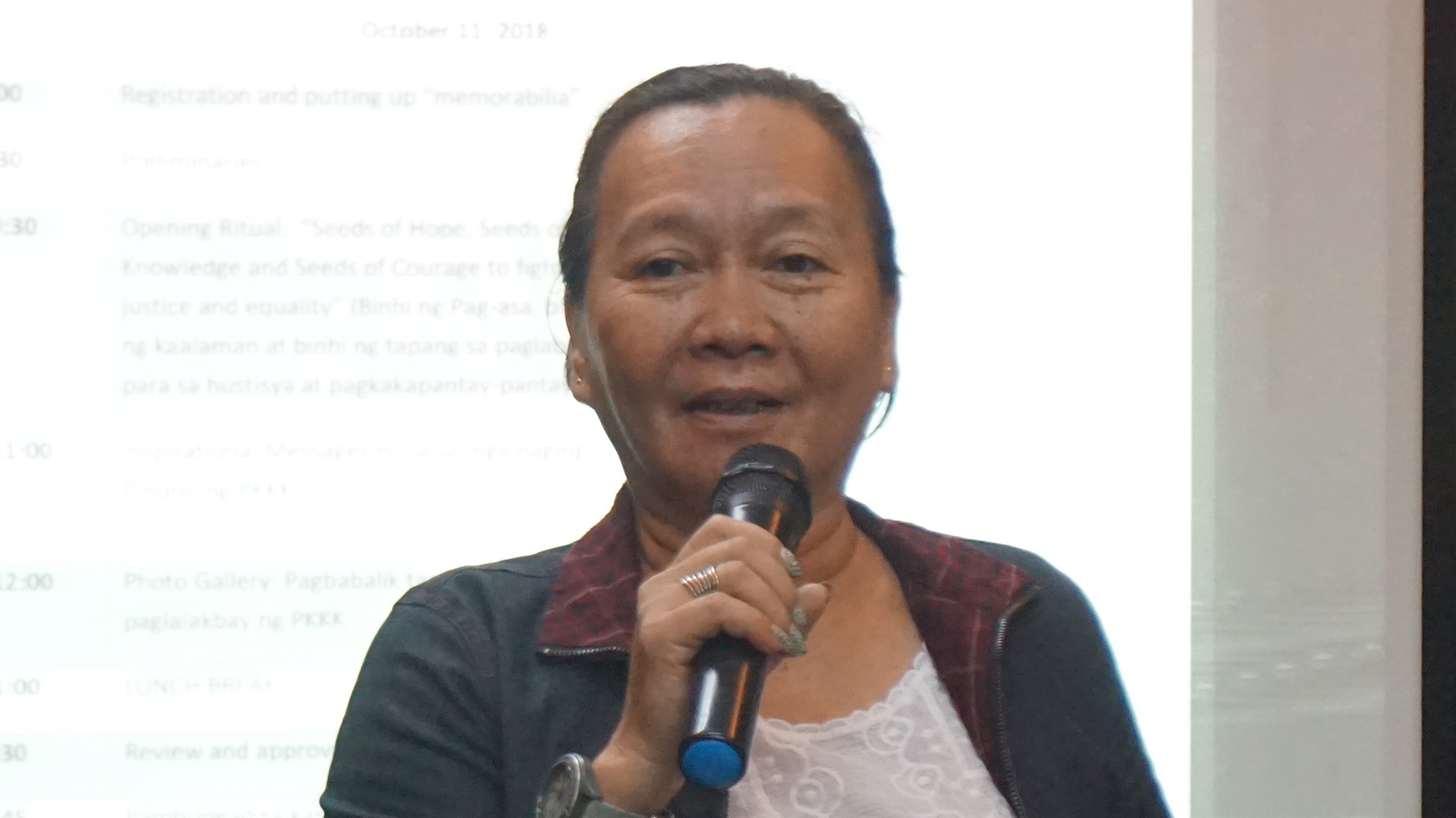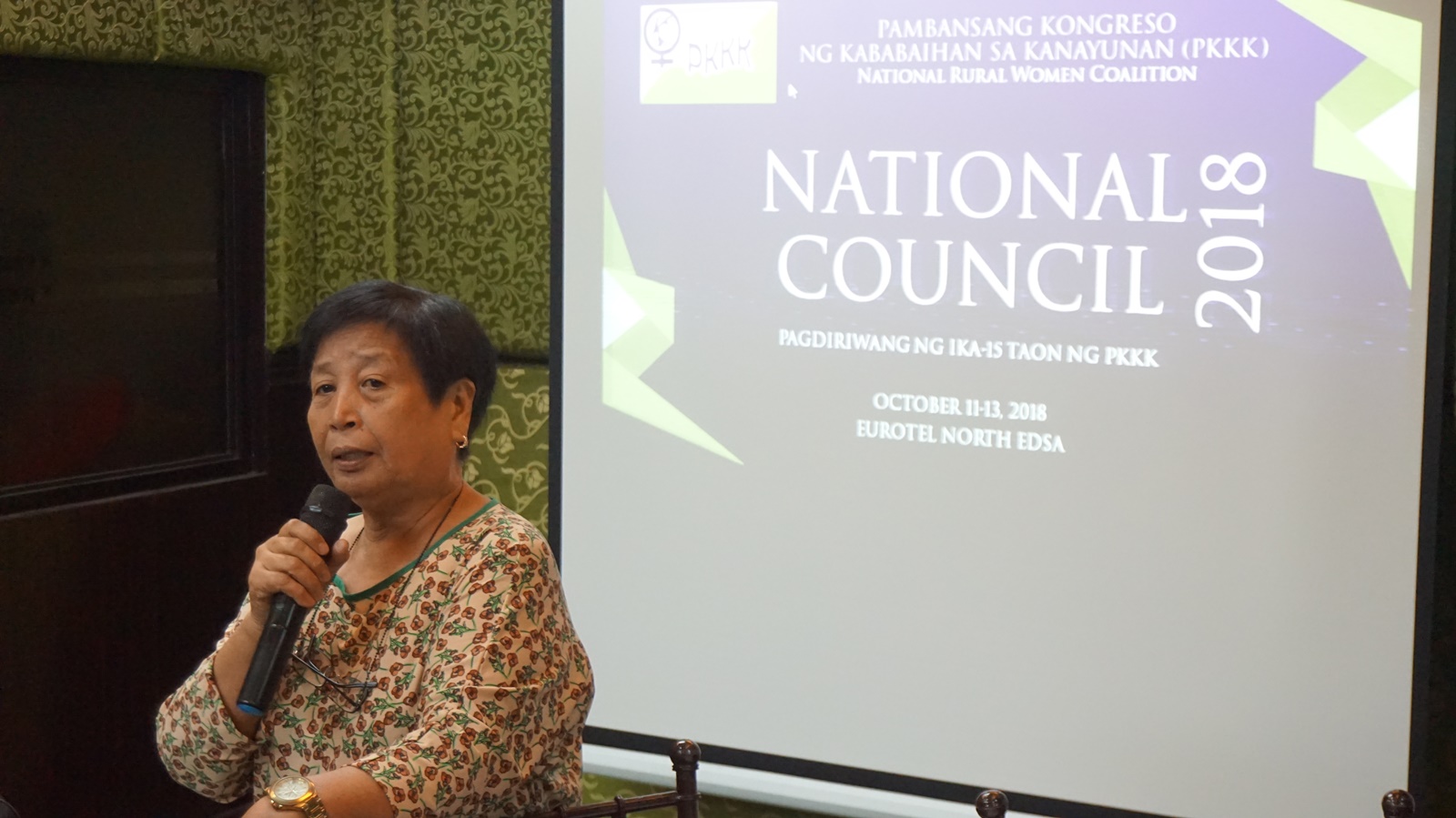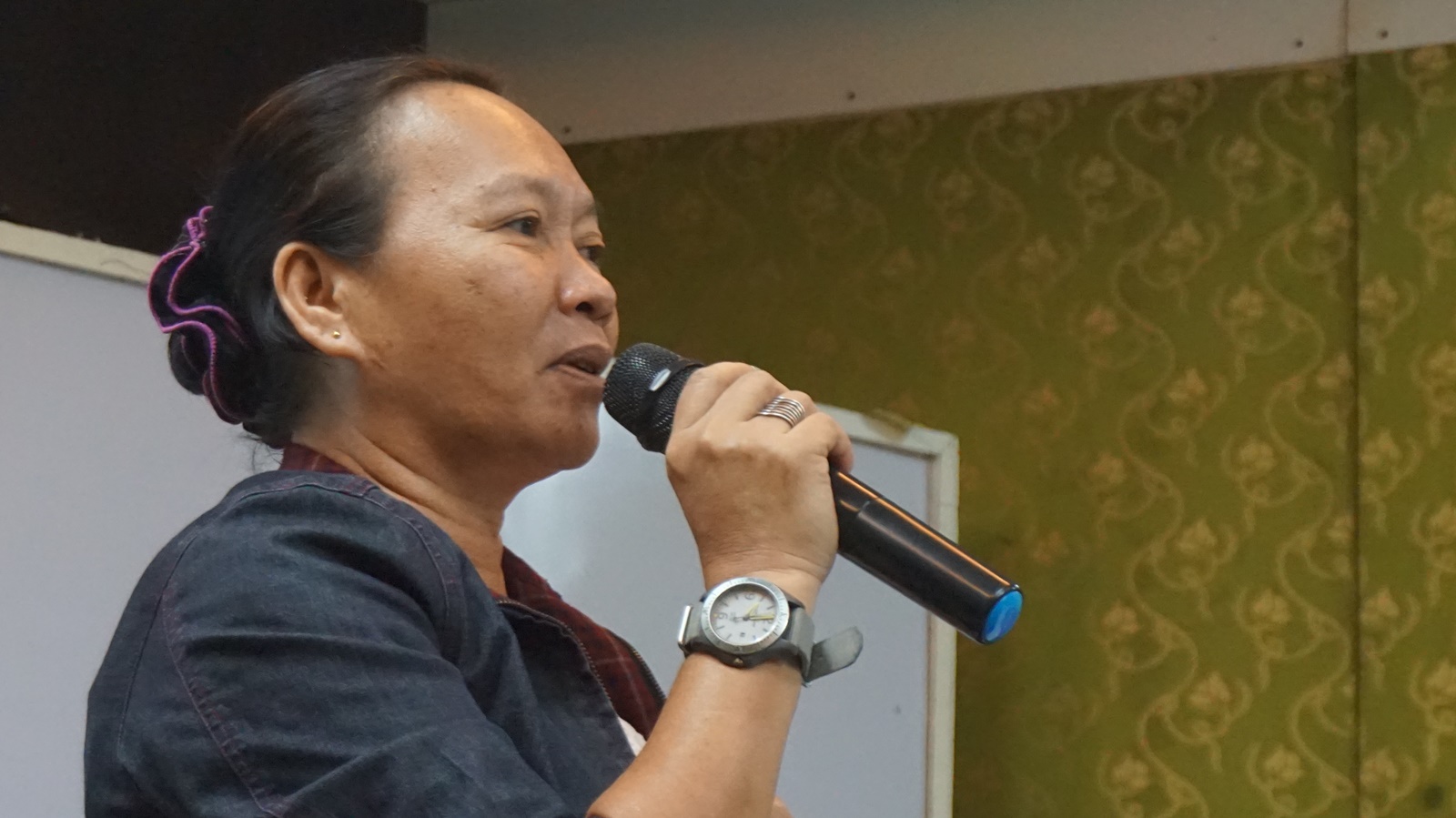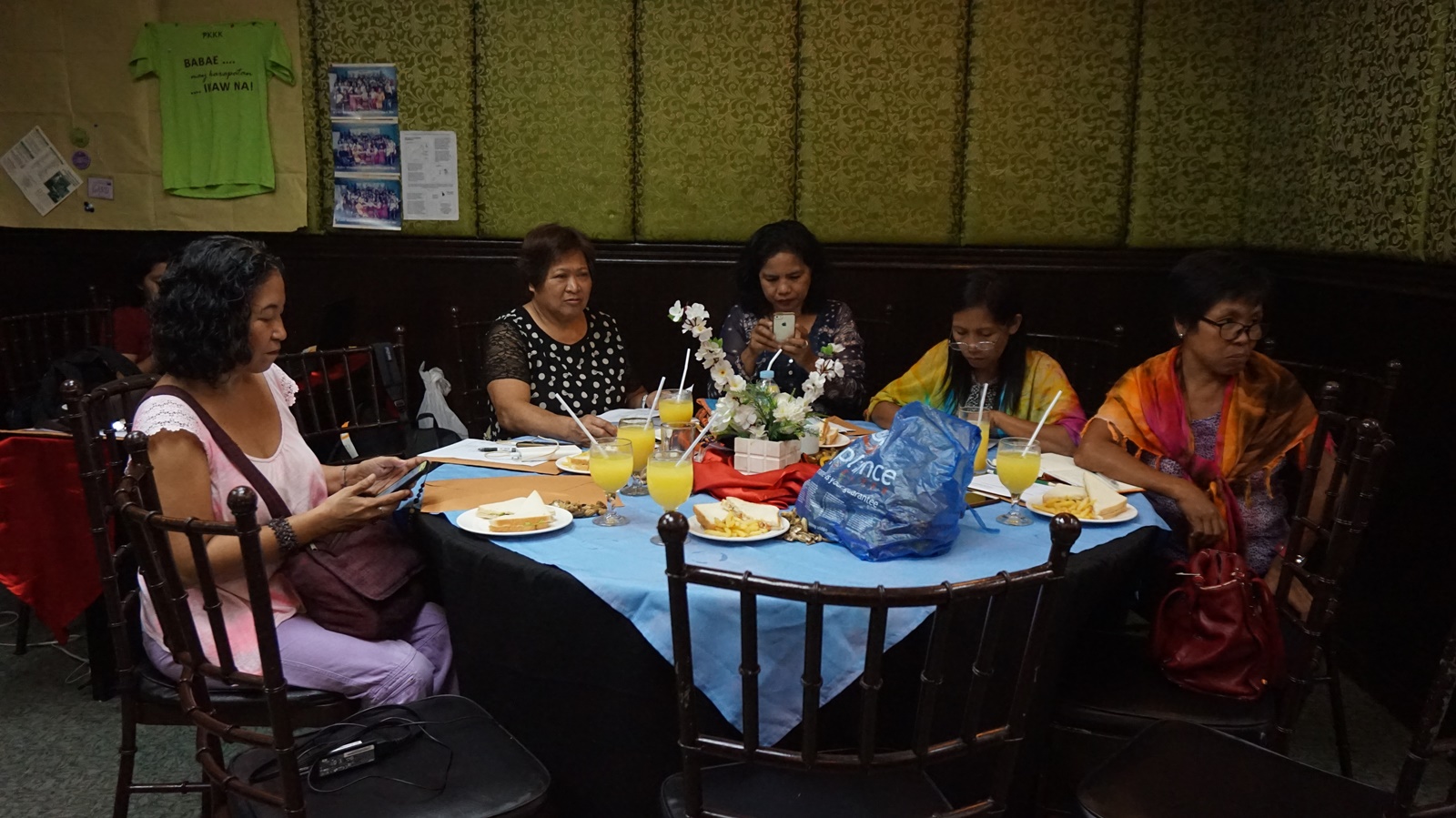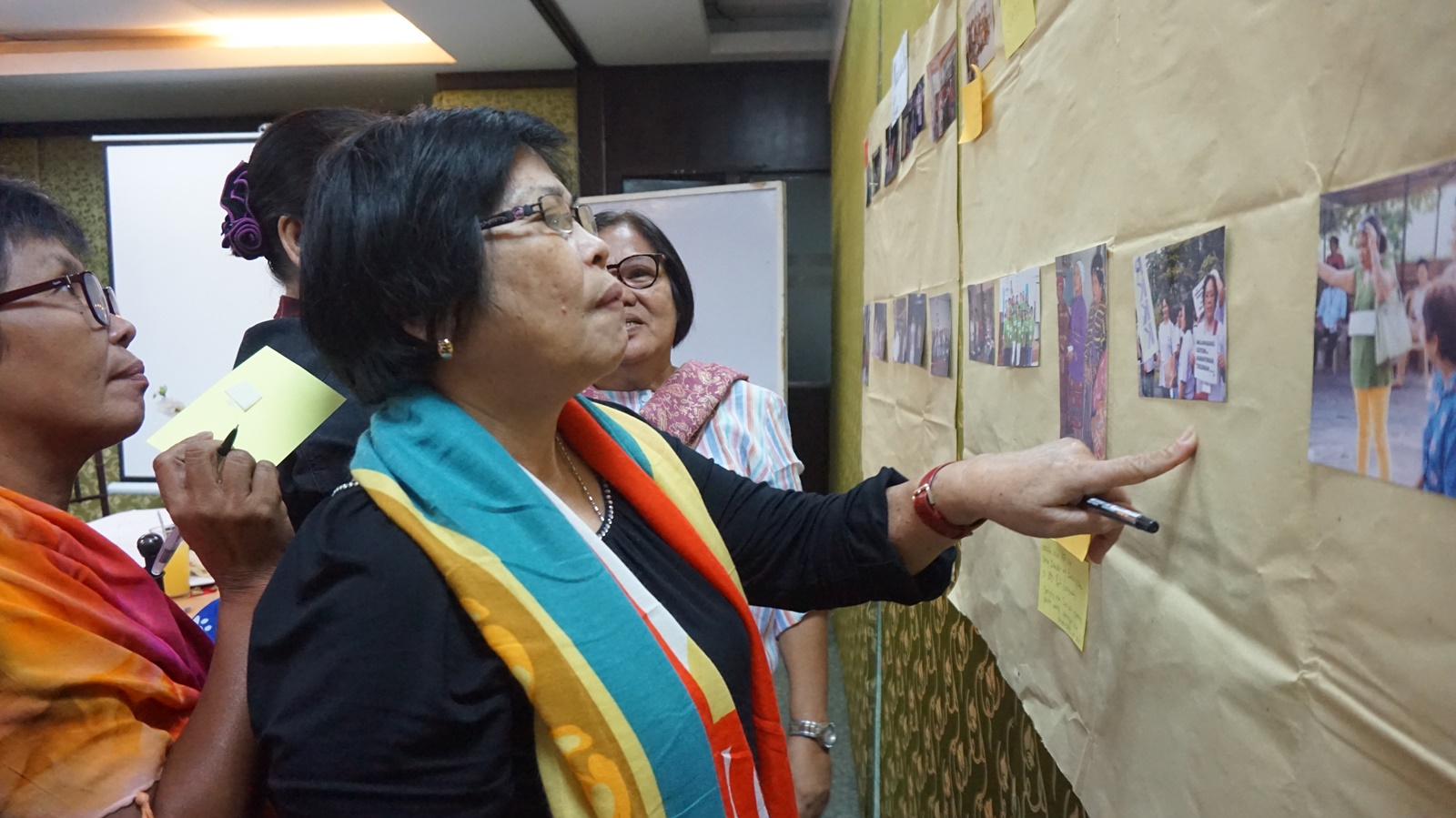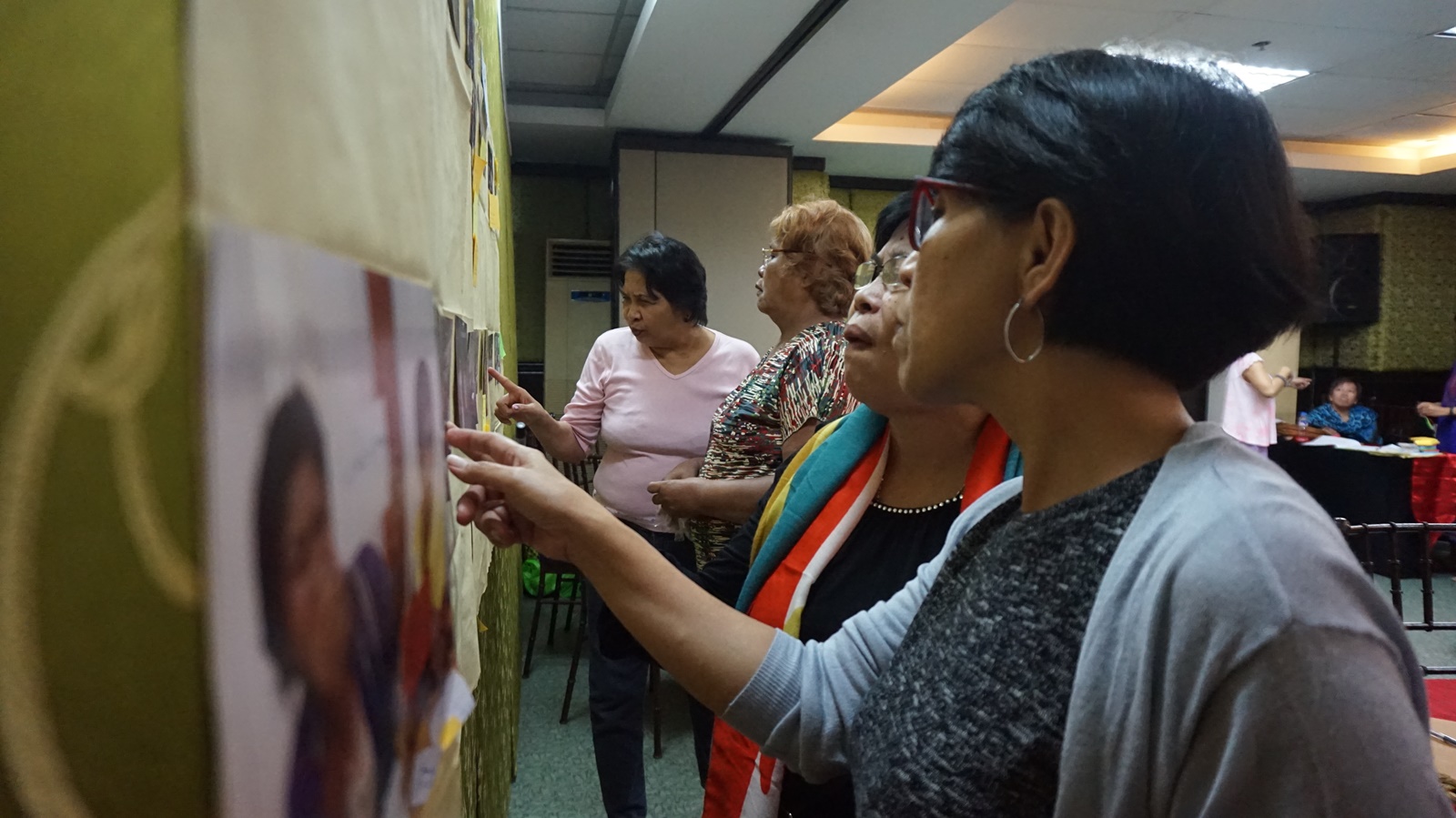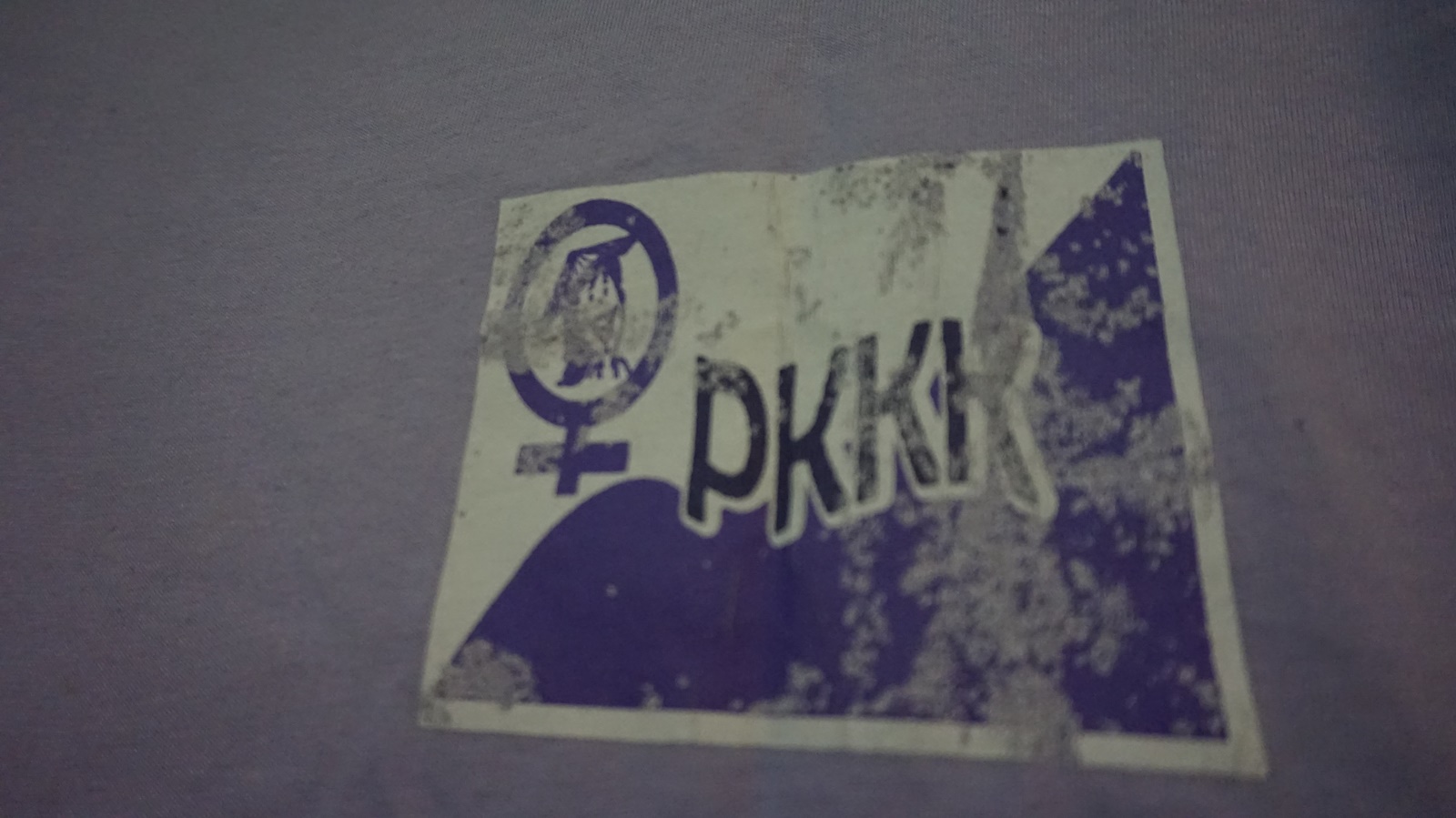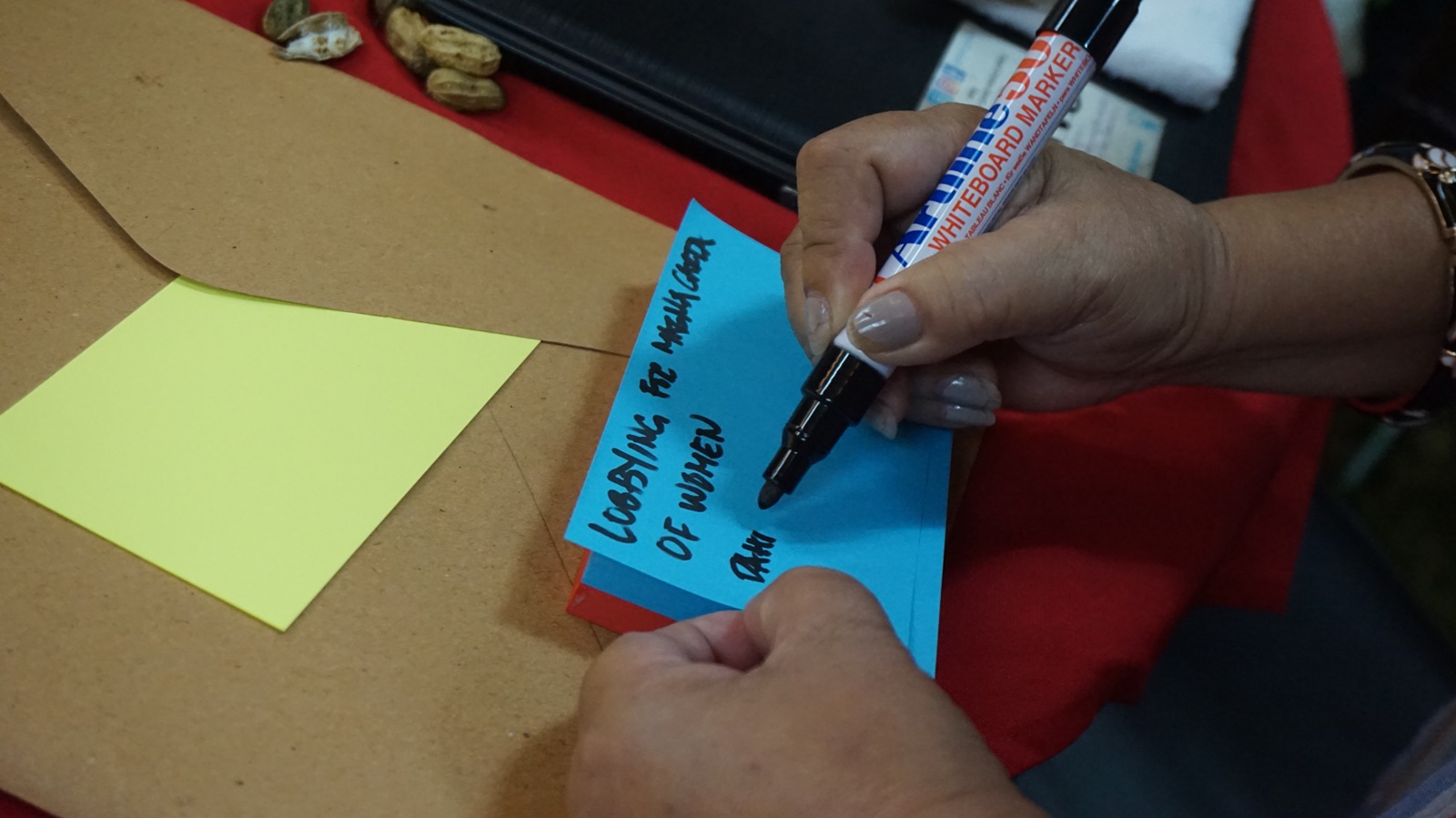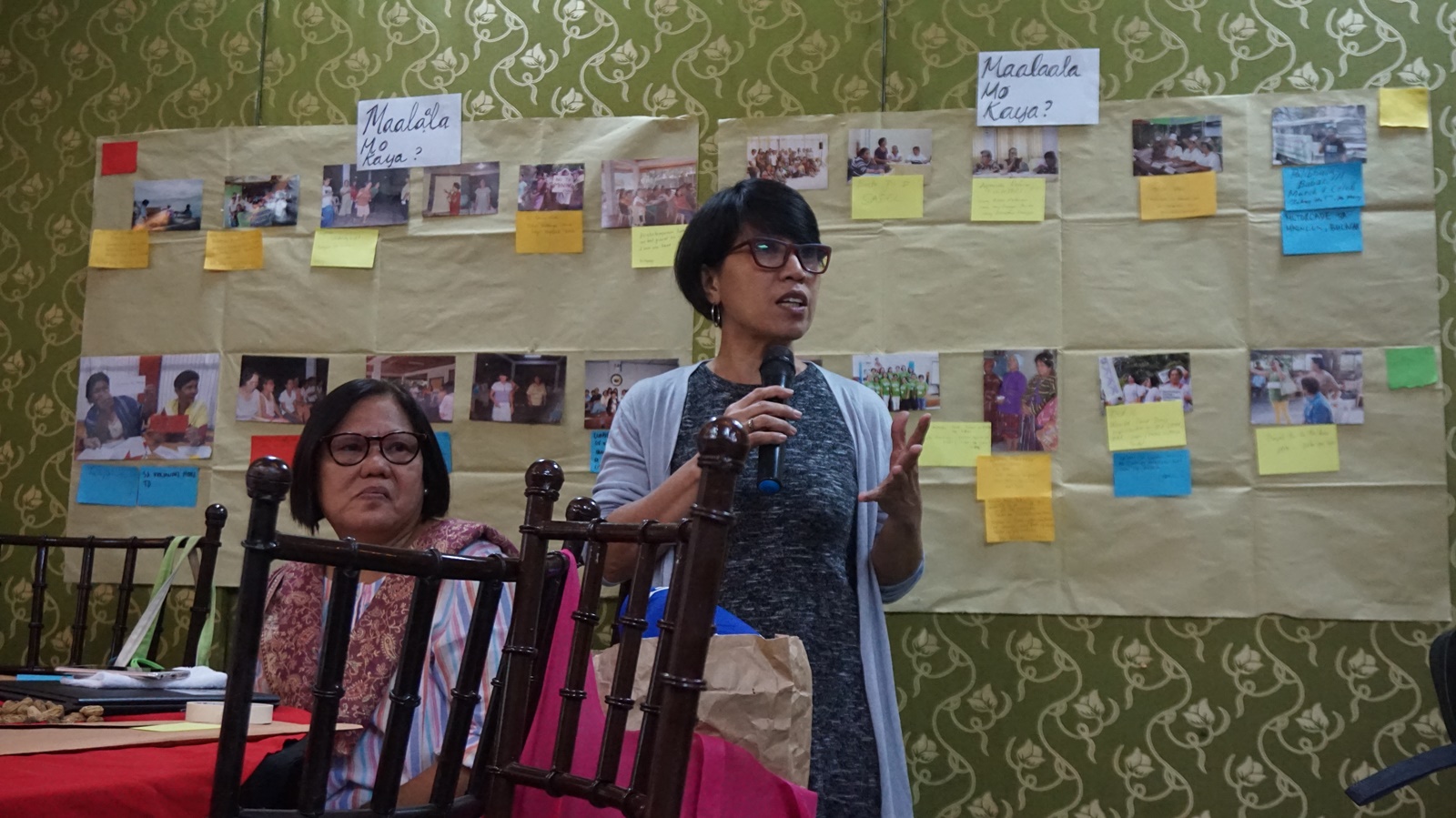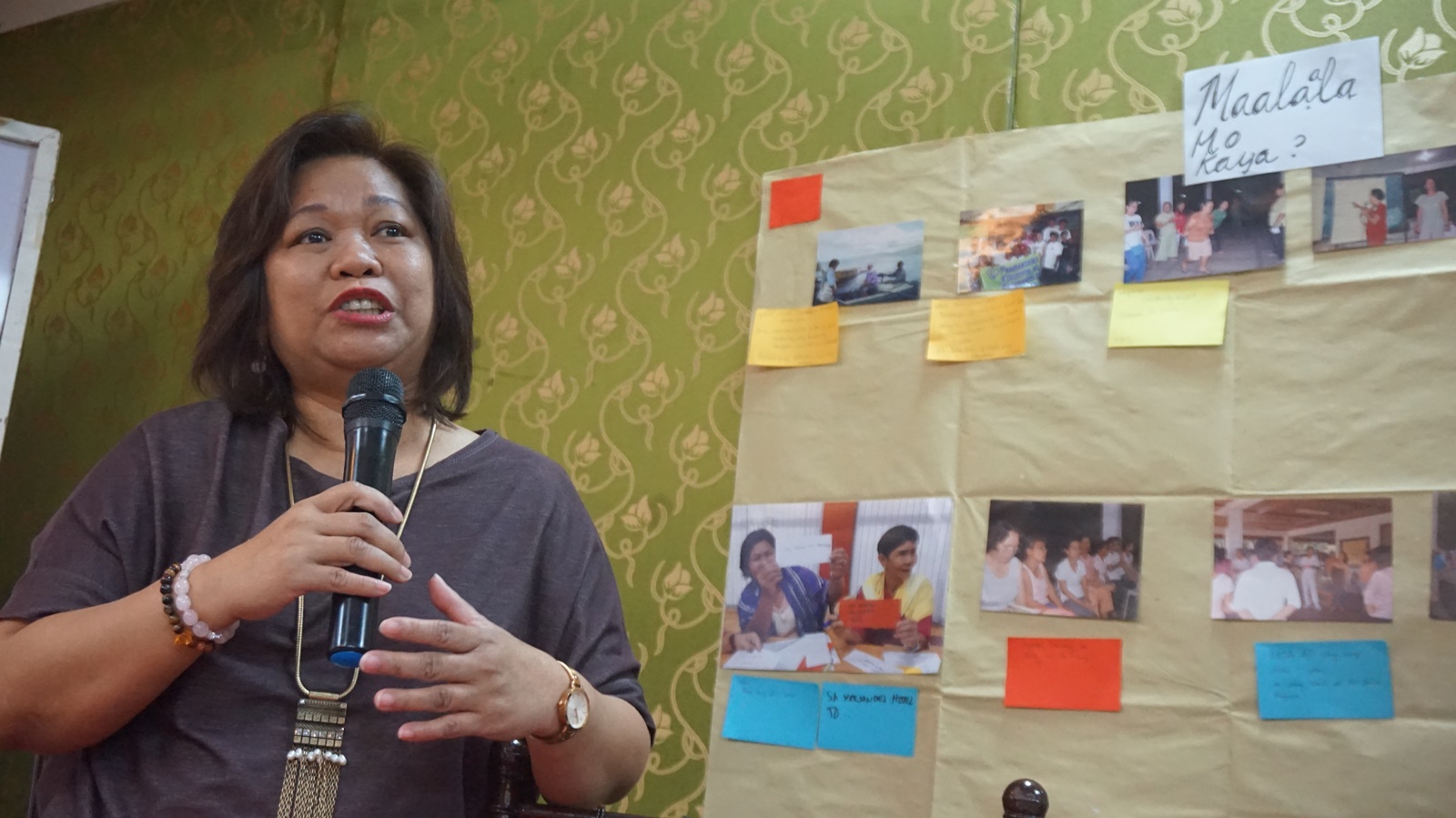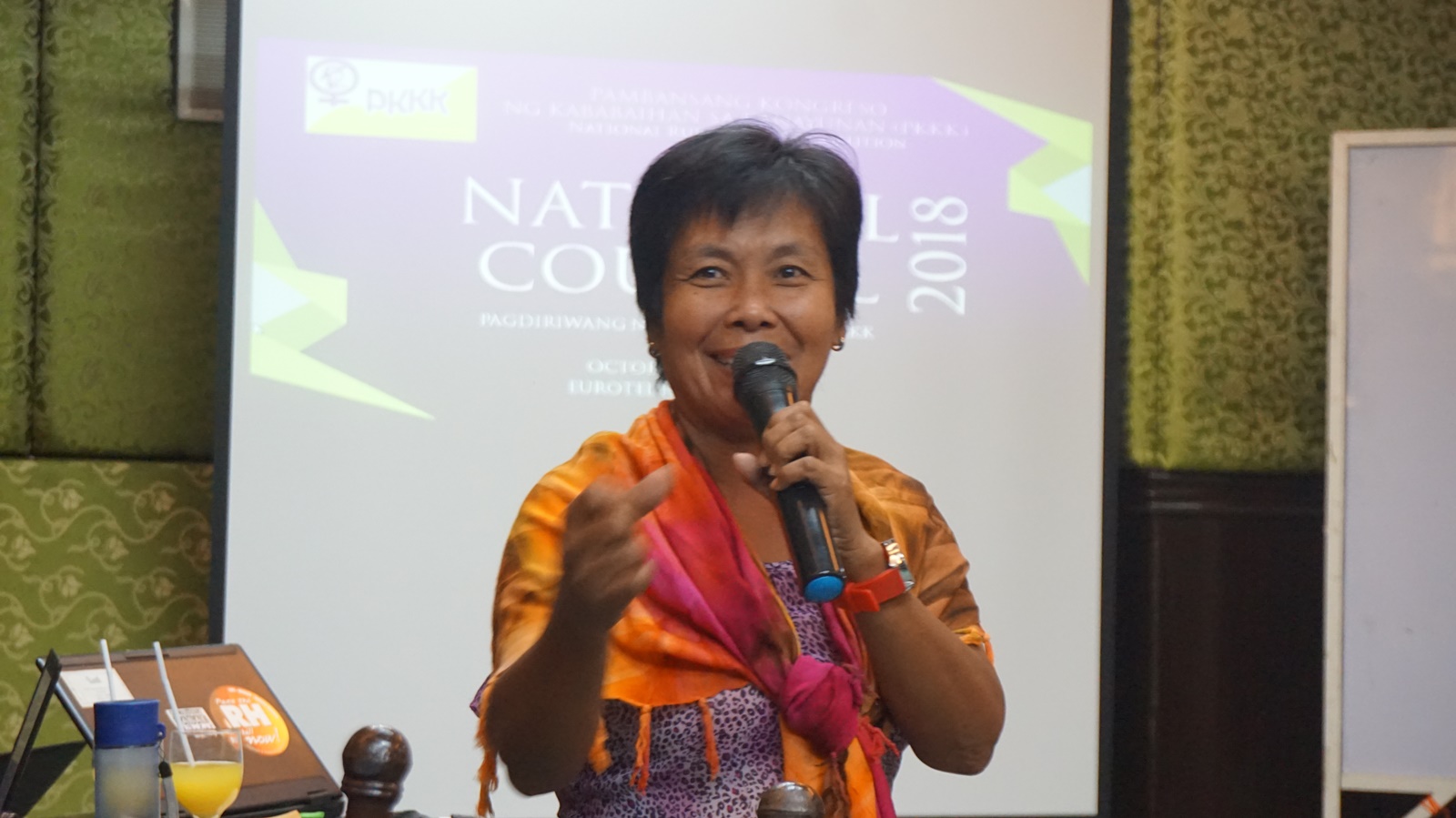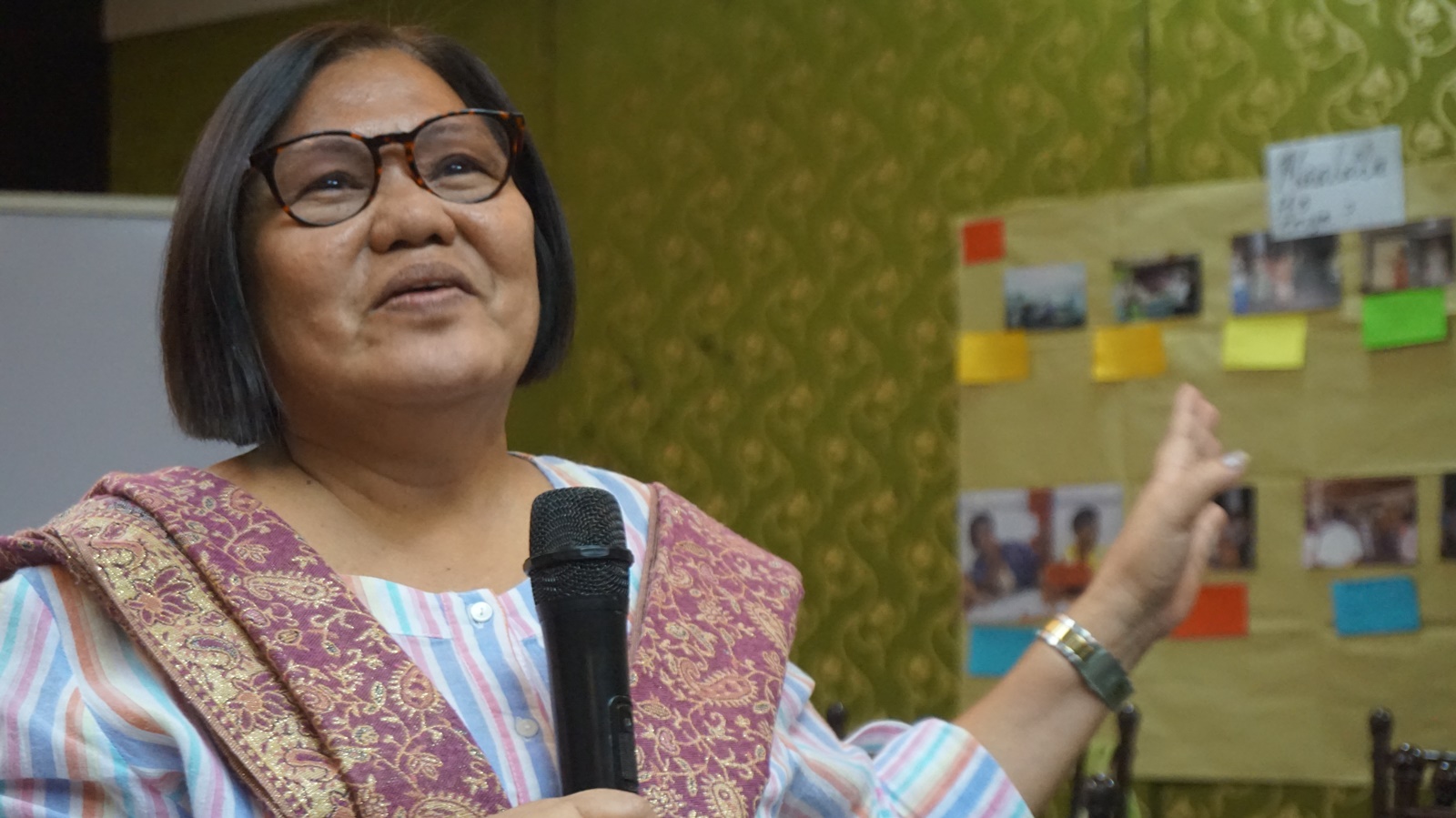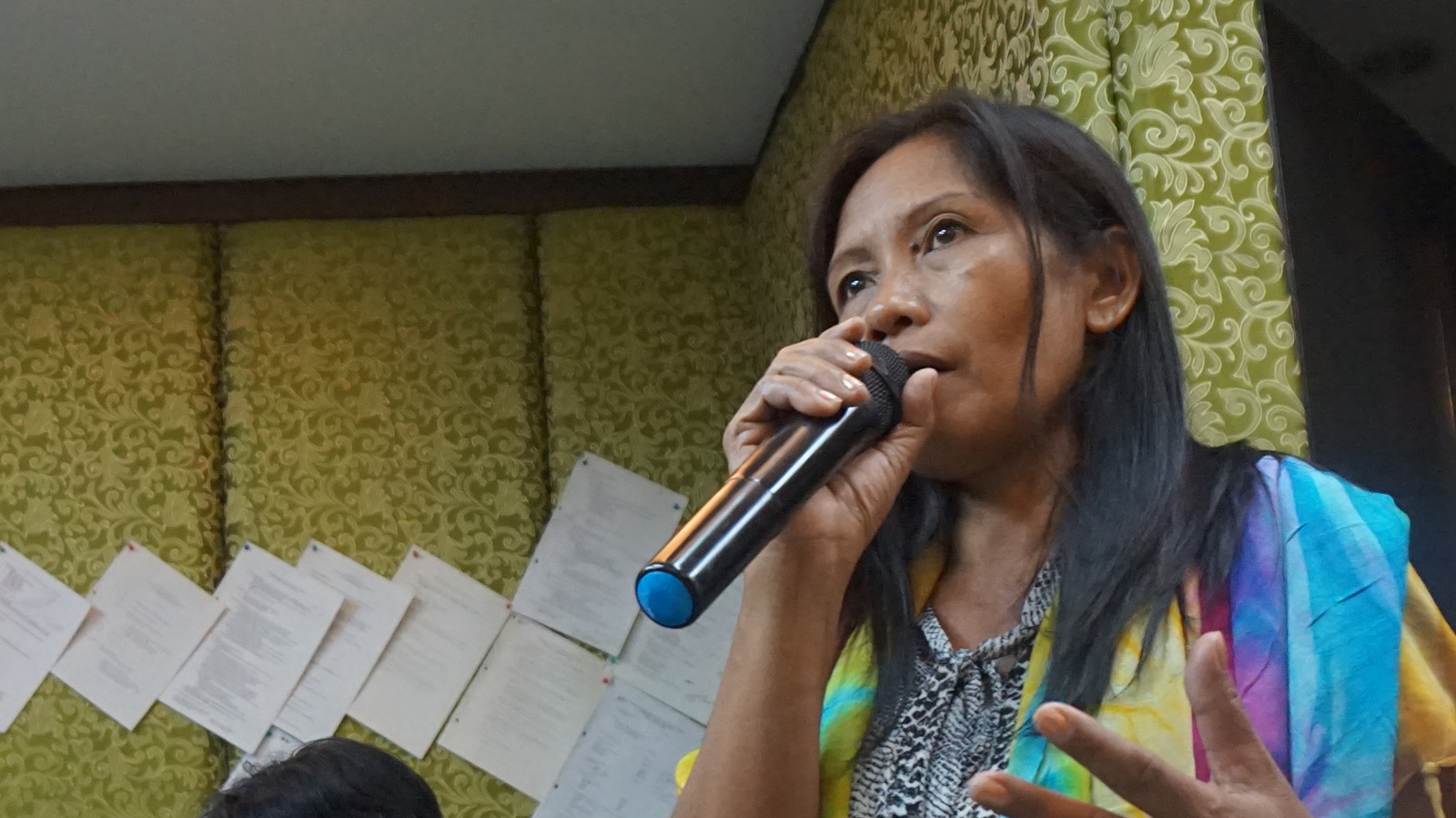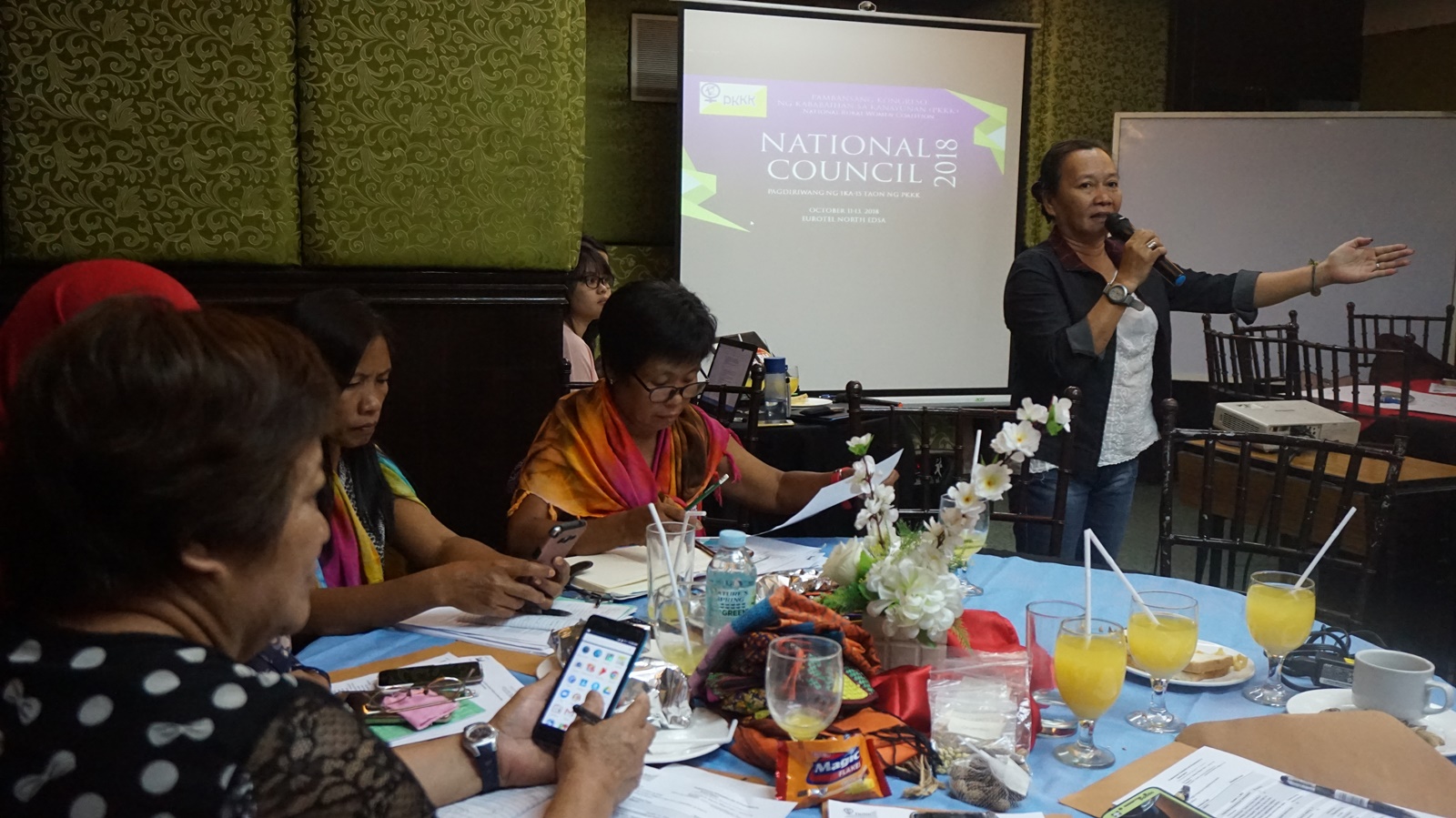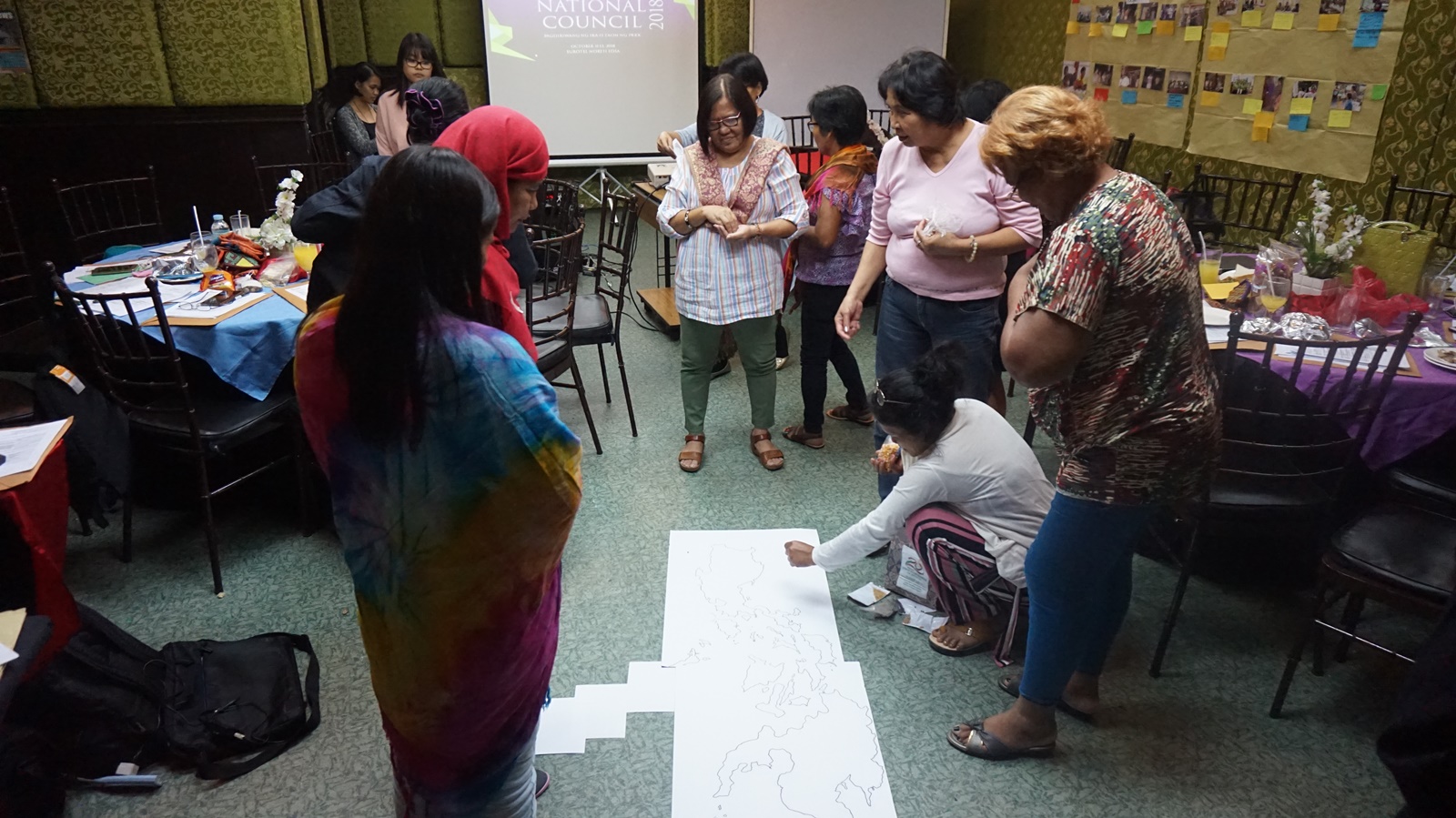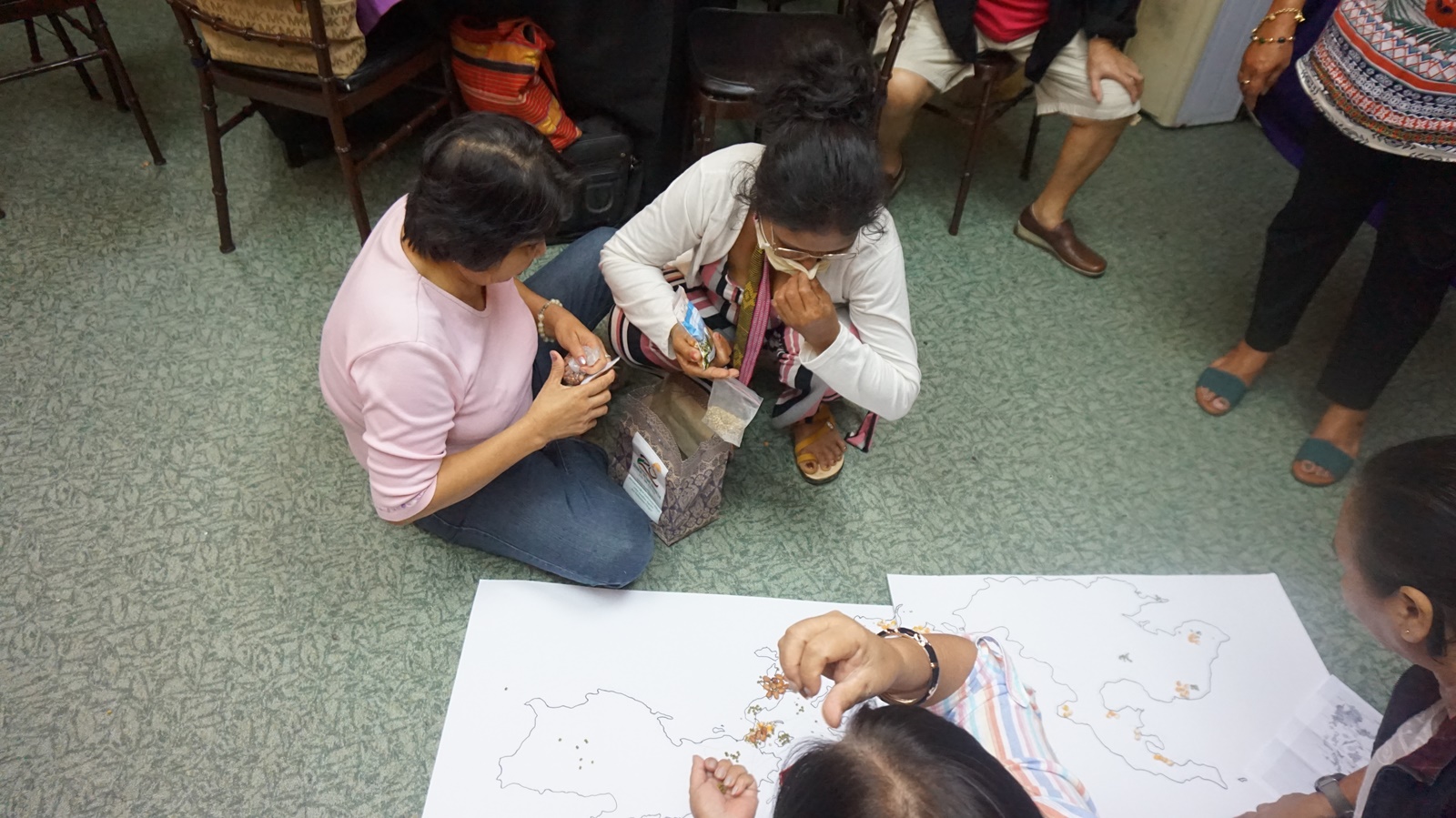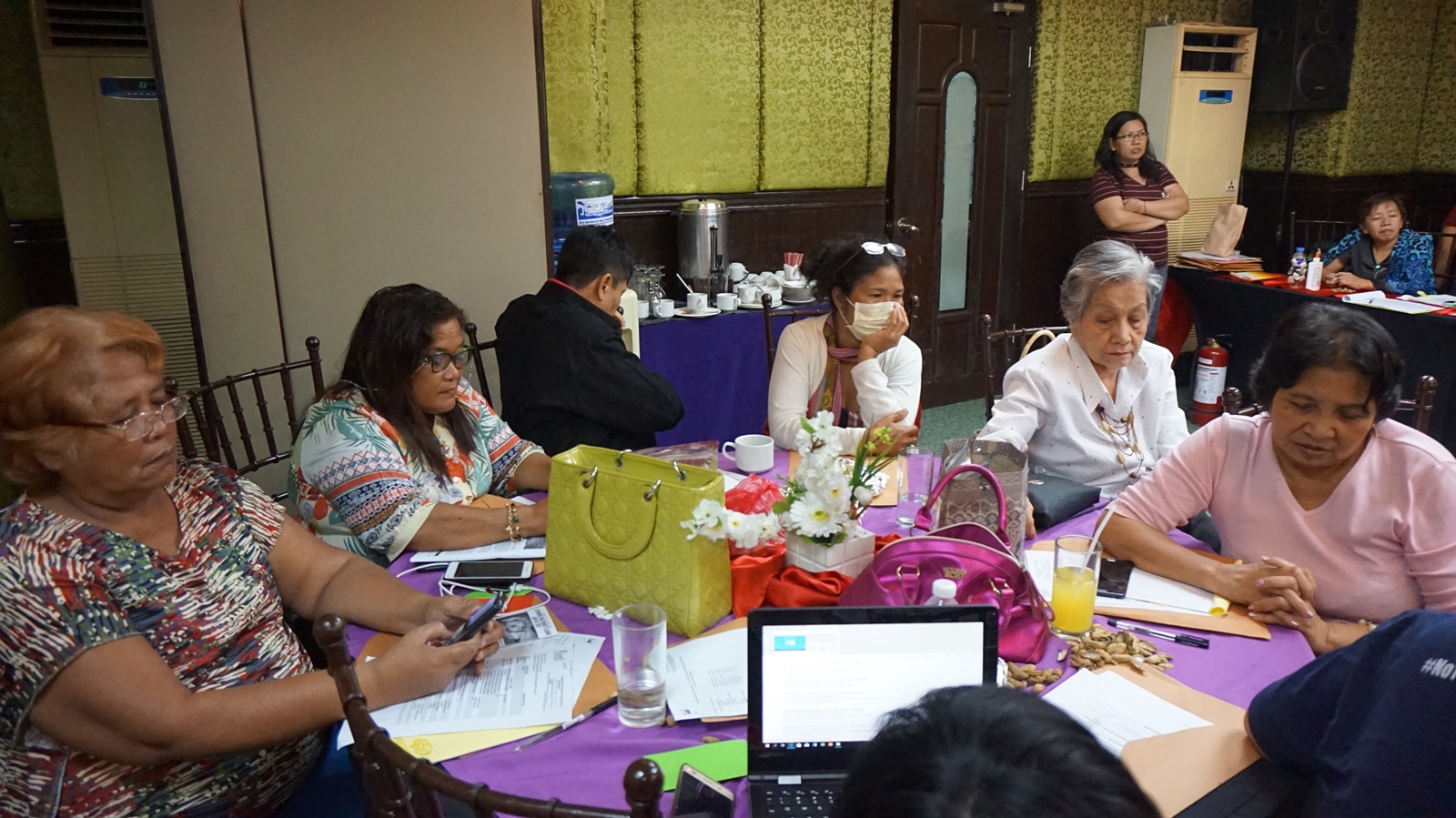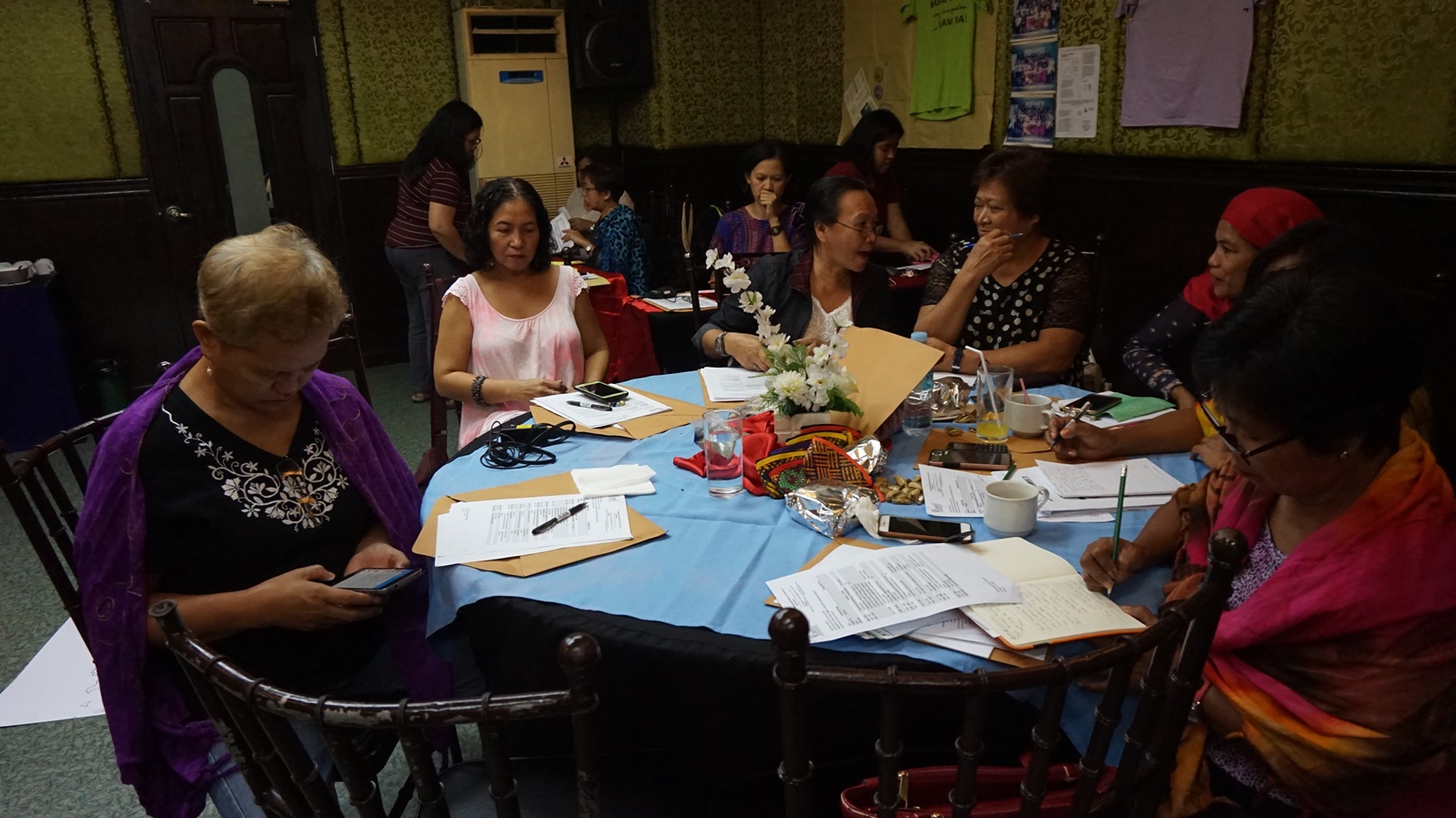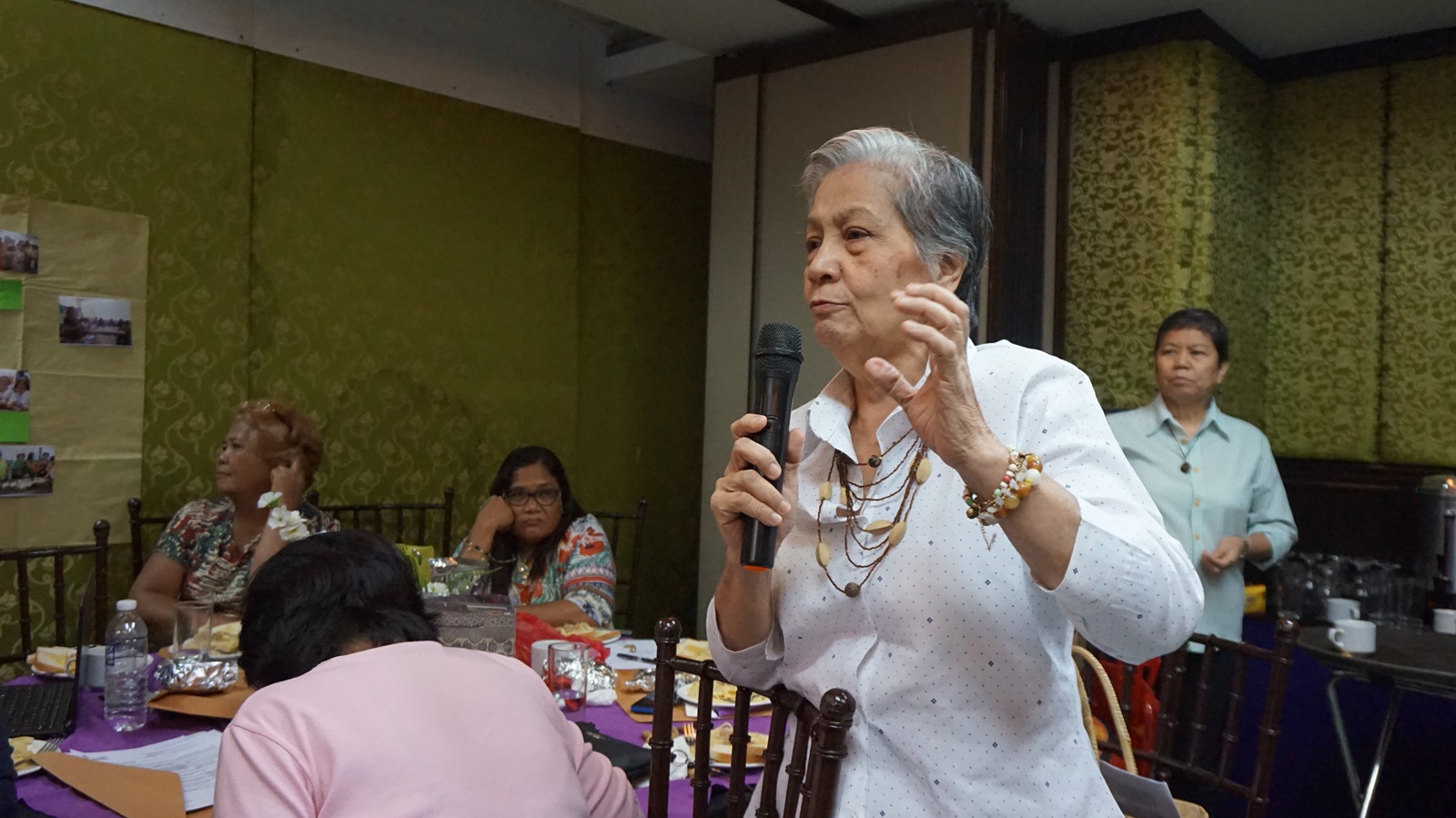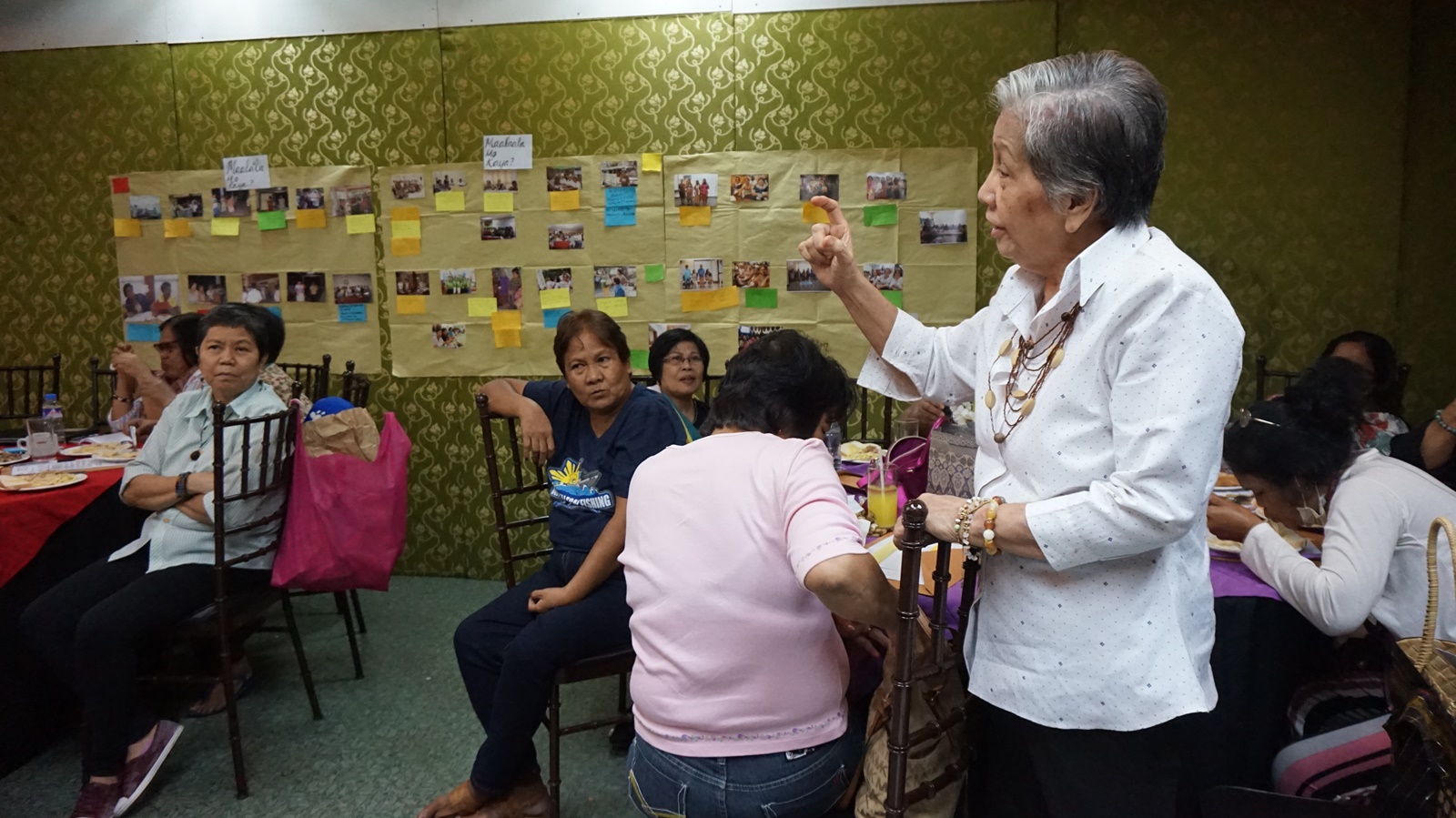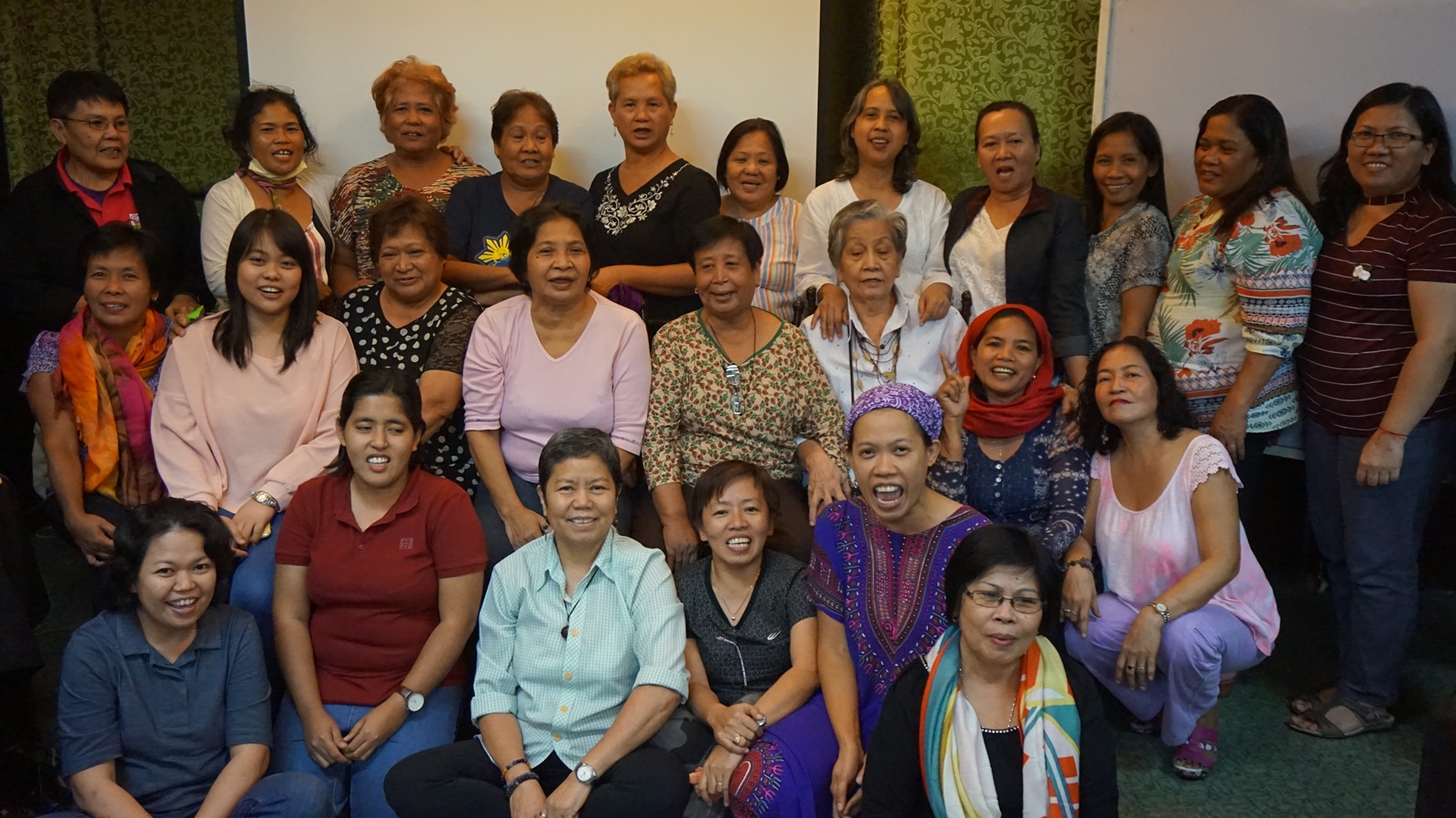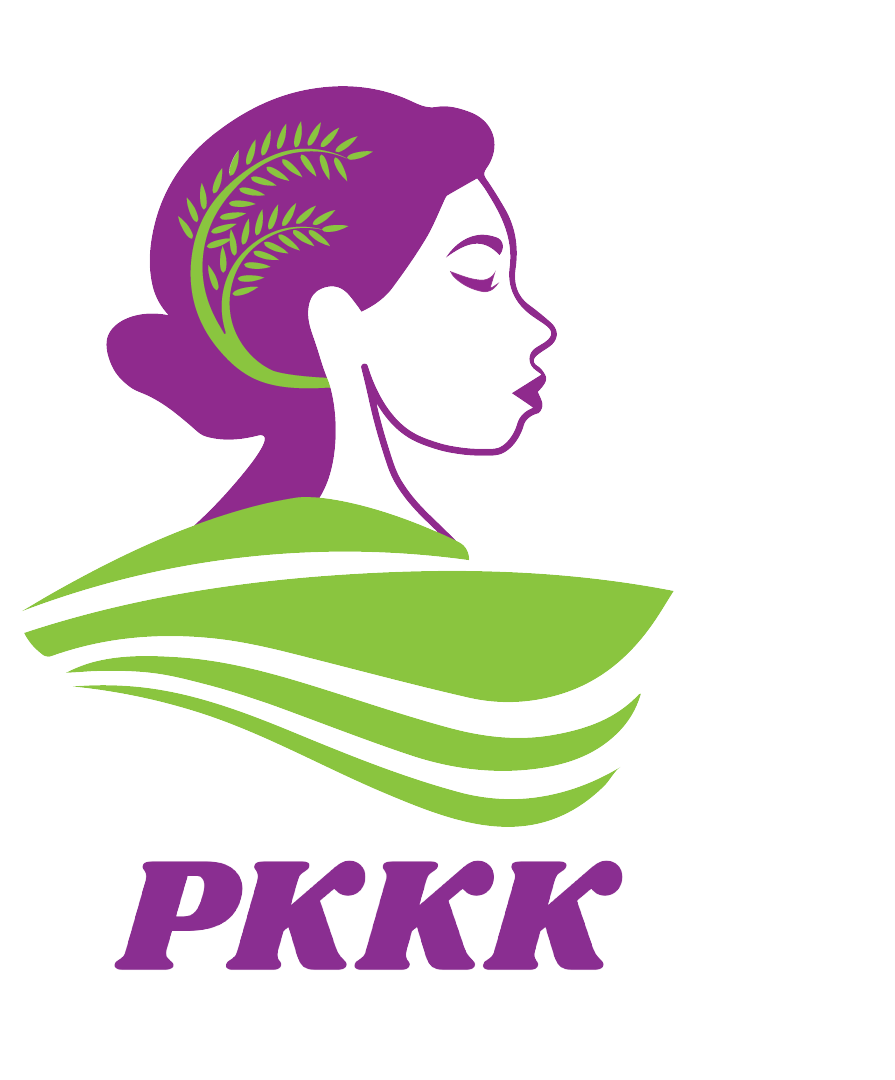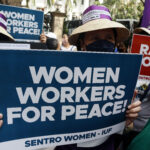ABOUT US
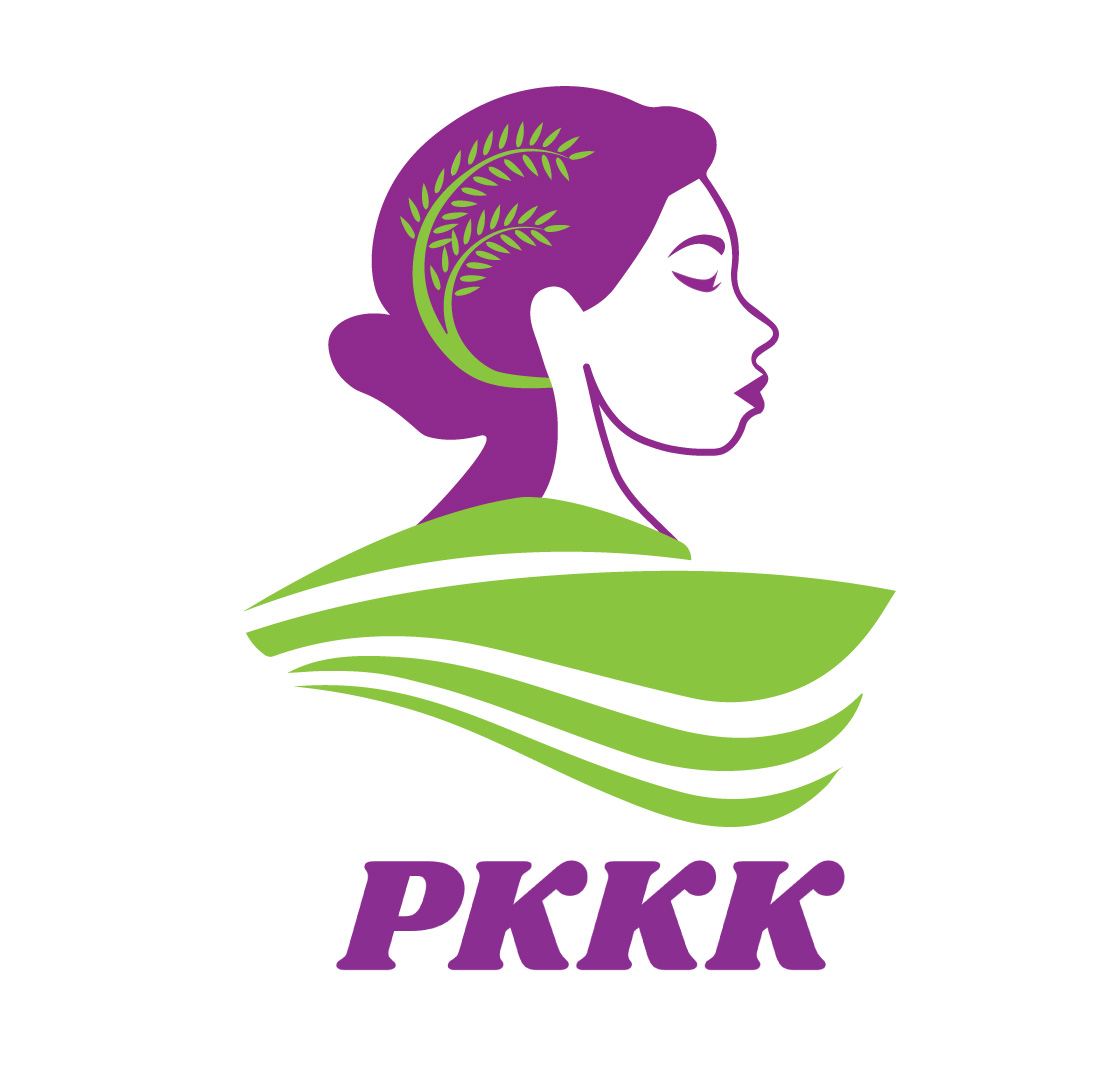
HOW WE STARTED
In the late 1990s to early 2000s, rural women consultations were held to seek out the voices of women peasants, fishers, indigenous groups, rural and informal workers. Amidst the issues of agricultural trade liberalization, massive land conversion, threats of extractive industries, environmental destruction, and basically extreme rural poverty, the demand to gather and make their voices heard was strong among the rural women. The rural women asserted that they have been invisible not only in statistics but also in policies and programs. All these needed be transformed, along with an increased recognition of the various initiatives of rural women as they organize themselves from self-help and socio-economic groups to political and advocacy groups.
In 2001, the Philippine Peasant Institute (PPI) called for a policy discussion on the proposed Rural Women Magna Carta bill, which 8 years after was expanded and passed in Congress as RA 9710 or the Magna Carta of Women (MCW). What’s important to note from that meeting was the commitment of the participants to push for the recognition of rural women in the law and to support this demand by calling a National Congress that would show the strength of the rural women constituency. Hence, in 2003, the first National Rural Women Congress was convened, with the Philippine Peasant Institute acting as the National Coordinator.
The original Conveners were from:
- Peoples organizations (POs): Alay Kapwa, Daluyong, Kabalikat, Kabapa, Kalipunan ng mga Maliliit na Mangingisda, PKSK, PSKNE, Lakambini, Makabayan, Pakisama, Sarilaya-Kabayani, Unorka;
- Non-government organizations (NGOs): CARRD, CERD, FIAN, MODE, PBSP-Western Batangas, PEACE Foundation, Philippine Peasant Institute (PPI), Philnet-RDI, Philippine Rural Reconstruction Movement (PRRM), Tambuyog Development Center, Womanhealth, WISE-ACT;
- Other institutions and individuals – Ms. Jeanne Illo of the Institute of Philippine Culture, Ms. Zenny Tuquero of SEARCA, and special coordination with the NCRFW Deputy Director Loren A. Umali
“The National Rural Women Congress was a response to an urgent need for a consolidated political voice among the rural women that will secure the recognition due to the women farmers, fishers, informal workers, and the indigenous women. The Congress was considered a venue for building and strengthening a critical mass of rural women. It can facilitate articulation and popularization of rural women issues and in the process help rural women in redefining a modern rural economy; one that recognizes their contribution and at the same time, integrates their needs. Further it was argued that in a time that governance is in a deregulated and liberalized phase, the only advantage for marginalized groups is for these to have a strong organization.” (Daryl Leyesa, PPI Rural Women Center Coordinator, 2003)
From 2003 to 2017: Seven Rural Women Congresses
Seven (7) Rural Women Congresses have been held already. At first every two years but after the 5th Congress, it was resolved to hold it every 3 years. For the year 2020, the 8th Rural Women Congress was postponed due to the pandemic.
The Congresses were held often around the time of the observation of the International Rural Women’s Day, October 15. The themes for each Congress reflect the pressing demand and issues of the times. The Congress served as venue for building consensus on the Rural Women Agenda, debate and discuss advocacy strategies and institutional strengthening, and elect new set of officers.
- 1st National Rural Women Congress, 13-15 October 2003: Kilalanin ang Kababaihan sa Kanayunan tungo sa karapatan sa pagmamay-ari, akses sa rekursong pangkabuhayan at partisipasyon sa pamamahala (Recognizing Rural Women towards claiming property rights, access to economic resources, and participation in governance).
- 2nd National Rural Women Congress, 19-20 October 2005: Pagtibayin ang Pagkakaisa! Ituloy ang laban sa kahirapan at globalisasyon! Makilahok sa pagpapalakas ng lokal na ekonomiya! (Strengthen our Unities! Continue the struggle against poverty and neo-liberal globalization! Take part in strengthening the local economy!).
- 3rd National Rural Women Congress, 14-15 October 2007: Palakasin, Boses ng Kababaihan sa Kanayunan: Tugon sa Kaunlaran, Tutol sa Karahasan! (Strengthen the Voice of the Rural Women: Our Response to development, Our Resistance to violence)
- 4th National Rural Women Congress, 14-16 October 2009 Paigtingin at palawakin ang pakikilahok ng kababaihan para sa Pagbabagong may Pagkakapantay-pantay (Consolidate and Broaden women’s participation towards a Change with Equality)
- 5th National Rural Women Congress, 12-14 October 2011. Hamon ng Panahon, Hamon ng Pagbabago: Paigtingin at Palakasin ang Kilusan ng Kababaihan sa Kanayunan! Pawiin ang Karahasan at Kagutuman! (Challenge of the Times, Challenge to Change: Consolidate and Strengthen the rural women’s movement! Eliminate Violence against Women!
- 6th National Rural Women Congress: 13-14 October 2014 “Isang Dekadang Tagumpay Panghawakan: Patuloy na Isulong ang Karapatan ng Kababaihan sa Lupa at Kabuhayan, Ligtas sa Panganib Mula sa Karahasan at Kagutuman, at Hagubit ng Krisis ng Kalikasan” (Owning a Decade of Success: Let’s continue to push for Rural Women’s Right to the Land and Livelihood, Protection from all forms of Violence, Hunger, and Adversities of climate change)
7th National Rural Women Congress, 13-16 October 2017 “Pagpapatatag sa Panahon ng Pagsubok at Pagbabago” (Building Resiliency in These Trying Times)
The Pambansang Kongreso ng Kababaihan sa Kanayunan (PKKK) is a national coalition of around 300 rural women organizations in 32 provinces in the Philippines. Members come mainly from the rural women sector (farmers, fishers, works, informal sector and indigenous peoples. PKKK was organized in October 2004 and is registered with the Securities and Exchange Commission (SEC) with registration number CN200419265 issued December 15, 2004.
In October 2003, around 300 representatives from rural women’s organizations, people’s organizations, individual advocates and government agencies came together and the result was the Rural Women Agenda. The Rural Women Agenda is the core Basis of Unity of the coalition. In 2010, the Agenda was translated into a Gender Responsive Rural Women Development Plan (GRRWD) – a 6-year development plan that resulted from a series of consultations from different provincial and sectoral members. The GRRWDP has been the basis for rural women’s rights claims taking in their engagements from the barangay up to the national level.
As an advocacy and information center for rural women’s rights, PKKK has vigorously advocated for the full recognition of rural women stating especially through its participation in the drafting and legislation of the Magna Carta of Women and its Implementing Rules and Regulations. PKKK also pushed for the recognition of women agrarian reform beneficiaries through the issuance of a DAR Administrative Order no. 1 series of 2011. The different advocacy work at the local communities have also led to issuance of local ordinances, participation in grassroots budgeting and recognition of members of PKKK in local development bodies.
In almost 17 years, we have held (7) national congresses, wherein the governance structures and policies were regularly reviewed and affirmed. PKKK’s rural women leaders and members continue to work towards the attainment of our mission and goals by voluntarily giving their time, effort, talent, knowledge and commitment. PKKK has also built partnerships and networks with other national CSOs and some international organizations who include us a partners in their activities. As such, some of our local and national leaders have been invited to take part in their trainings and conferences locally and globally. These opportunities have provided our members venues to share our agenda and analyses in issues of rural women and exposure to other situations of women and other issues.
NATIONAL CONGRESS
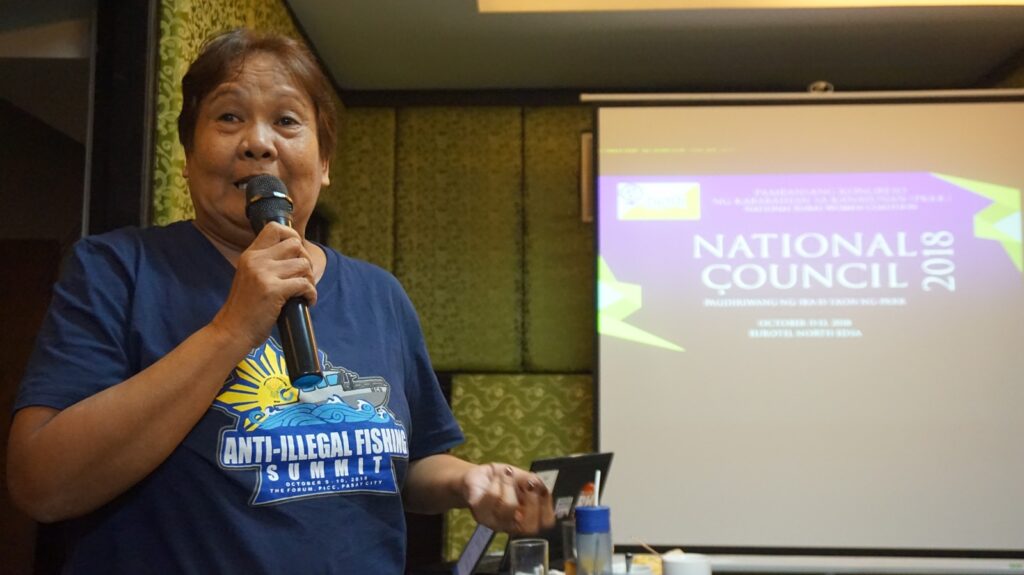
Pambansang Kongreso ng Kababaihan sa Kanayunan (PKKK)
The Pambansang Kongreso ng Kababaihan sa Kanayunan (PKKK) is a national coalition of around 300 rural women organizations in 32 provinces in the Philippines. Members come mainly from the rural women sector (farmers, fishers, workers, informal sector and indigenous peoples. PKKK was organized in October 2003 and is registered with the Securities and Exchange Commission (SEC) with registration number CN200419265 issued December 15, 2004.
In October 2003, around 300 representatives from rural women’s organizations, people’s organizations, individual advocates and government agencies came together and the result was the Rural Women Agenda. The Rural Women Agenda is the core Basis of Unity of the coalition. In 2010, the Agenda was translated into a Gender Responsive Rural Women Development Plan (GRRWDP) – a 6-year development plan that resulted from a series of consultations from different provincial and sectoral members. The GRRWDP has been the basis for rural women’s rights claim taking in their engagements from the barangay up to the national level.
As an advocacy and information center for rural women’s rights, PKKK have vigorously advocated for the full recognition of rural women starting especially through its participation in the drafting and legislation of the Magna Carta of Women and its Implementing Rules and Regulations. PKKK also pushed for the recognition of women agrarian reform beneficiaries through the issuance of a DAR Administrative Order no. 1 series of 2011. The different advocacy work at the local communities have also led to issuance of local ordinances, participation in grassroots budgeting and recognition of members of PKKK in local development bodies.
In almost 17 years, we have held seven (7) national congresses, wherein the governance structures and policies were regularly reviewed and affirmed. PKKK’s rural women leaders and members continue to work towards the attainment of our mission and goals by voluntarily giving their time, efforts, talent, knowledge and commitment. PKKK has also built partnerships and networks with other national CSOs and some international organizations who include us as partners in their activities. As such, some of our local and national leaders have been invited to take part in their trainings and conferences locally and globally. These opportunities have provided our members venues to share our agenda and analyses in issues of rural women and exposure to other situations of women and other issues.
Note that as time passed, PKKK has been commonly referred to as Pambansang KOALISYON rather than Pambansang KONGRESO, mainly because KOALISYON is more descriptive of the nature of the organization. In the SEC registration and legal documents, however, PKKK maintains its original name.
